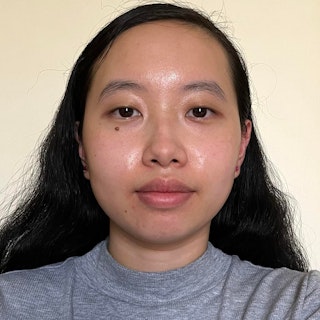Navigating VCE can be daunting, but Learnmate simplifies your search for the ideal tutor to help you not just get through it, but excel. Our network boasts hundreds of skilled tutors, from the highest achieving former students, to qualified teachers and expert tutors, to ensure you find the perfect match who can help you with your VCE needs.
With personalised support available for any VCE subject, including VCE Maths Methods, VCE English, VCE Chemistry & more, we’re confident we will have the perfect VCE tutor for you! Review every tutor's profile, from their experience, qualifications, ratings, and reviews, to where they are available for in-person lessons or online, and pick the right tutor for you.
Ready to find your VCE tutor?



















